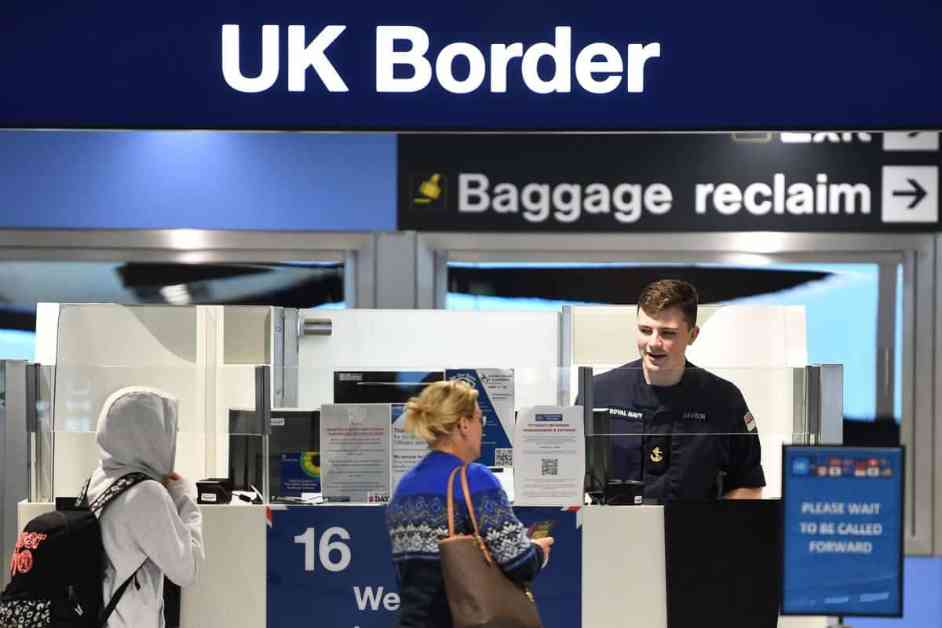The Home Office has come under fire for its budgeting practices, with the Institute for Fiscal Studies (IFS) criticizing the department for repeatedly overspending on asylum operations. According to the IFS, the Home Office has consistently spent far more than budgeted for asylum, border, visa, and passport operations, with costs reaching £7.9 billion over the past three years.
Challenges in Budgeting
The IFS report highlighted the significant discrepancies between the budgeted amounts and actual spending on asylum operations. Between 2021/22 and 2023/24, the Home Office budgeted an average of £110 million per year for asylum operations but ended up spending an average of £2.6 billion annually. This represents a total overspend of £320 million over three years, raising concerns about the accuracy of the department’s budgeting process.
Max Warner, a research economist at IFS, pointed out that while unexpected spikes in costs can justify overspending, the consistent pattern of exceeding budgeted amounts indicates serious flaws in the budgeting process. Warner emphasized the importance of accurately forecasting asylum spending upfront to avoid recurring budgetary shortfalls.
Disagreement Among Leaders
The issue of asylum spending has sparked a disagreement between Chancellor Rachel Reeves and her predecessor Jeremy Hunt. A financial audit conducted after Reeves assumed office revealed significant spending pressures related to asylum and illegal migration, amounting to an estimated £6.4 billion in 2024/25. Hunt argued that these figures contradicted the budgets approved by civil servants and presented to parliament earlier.
The IFS acknowledged the validity of both Reeves and Hunt’s concerns, attributing the ongoing budgetary challenges to the Home Office and HM Treasury’s poor budgeting practices. The watchdog criticized the department for submitting insufficient budgets to parliament, expecting top-ups from the Treasury’s contingency Reserve later in the financial year. Despite reprimands from the Home Affairs Select Committee, the Home Office continues this practice, further exacerbating the budgetary issues.
Labour’s Response
In response to the revelations about overspending on asylum operations, a Labour spokesperson accused the previous government of concealing the true extent of the crisis within the Home Office. The spokesperson criticized the Conservatives for knowingly overspending on departmental budgets, leading to a significant financial burden for the incoming Labour government.
The Labour Government has pledged to address the budgetary challenges within the Home Office and implement reforms to ensure a more controlled and efficient asylum system. Despite the challenges inherited from the previous administration, the Labour Party is committed to cleaning up the mess and delivering a more sustainable asylum system for the country.
In conclusion, the ongoing budgetary issues within the Home Office underscore the need for greater transparency and accountability in financial planning. The IFS’s findings highlight the importance of accurate forecasting and prudent budgeting practices to prevent excessive overspending and ensure the effective allocation of resources within the department. As the government works to address these challenges, it is essential to prioritize financial responsibility and long-term sustainability in managing asylum operations.





















